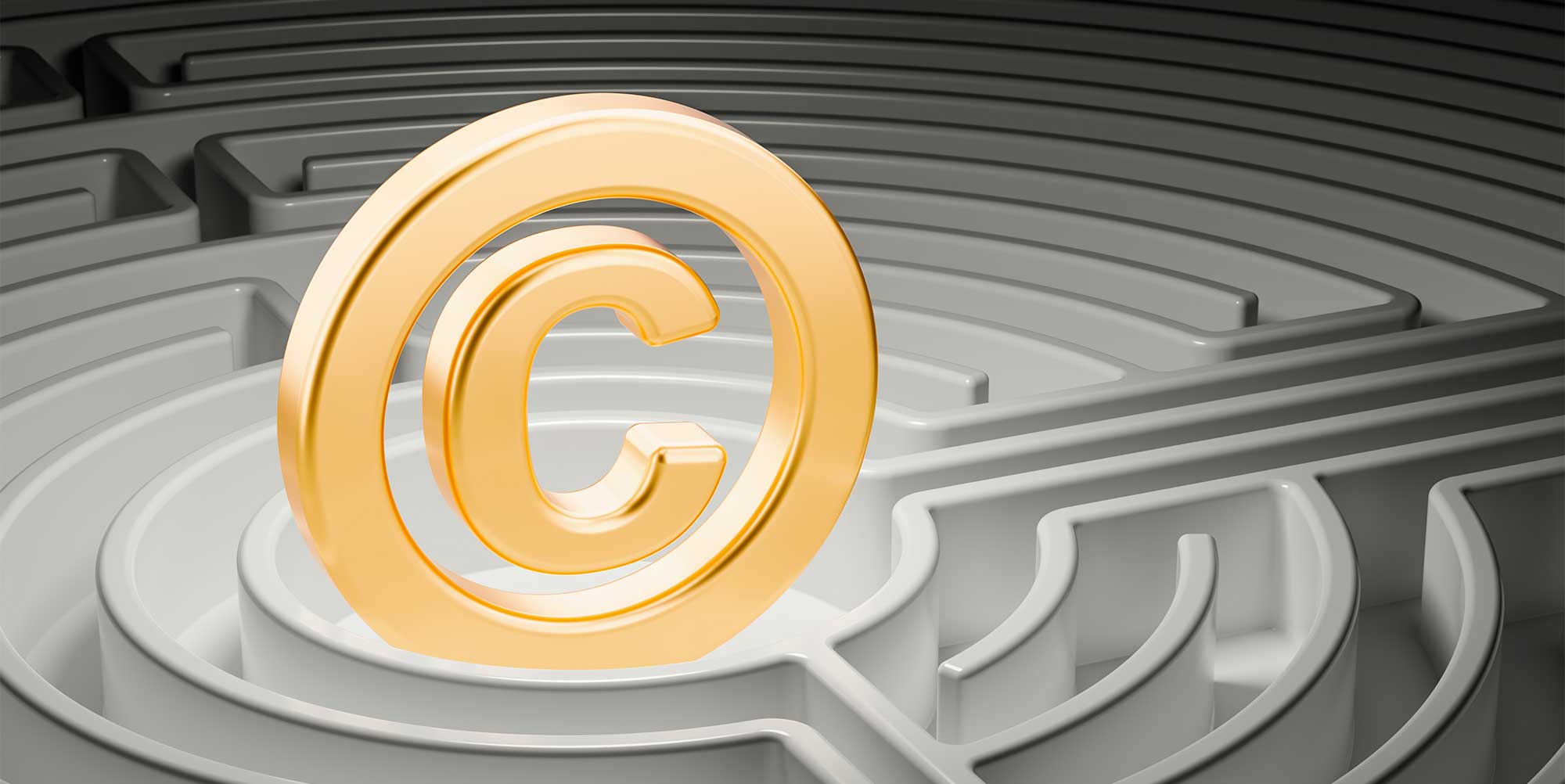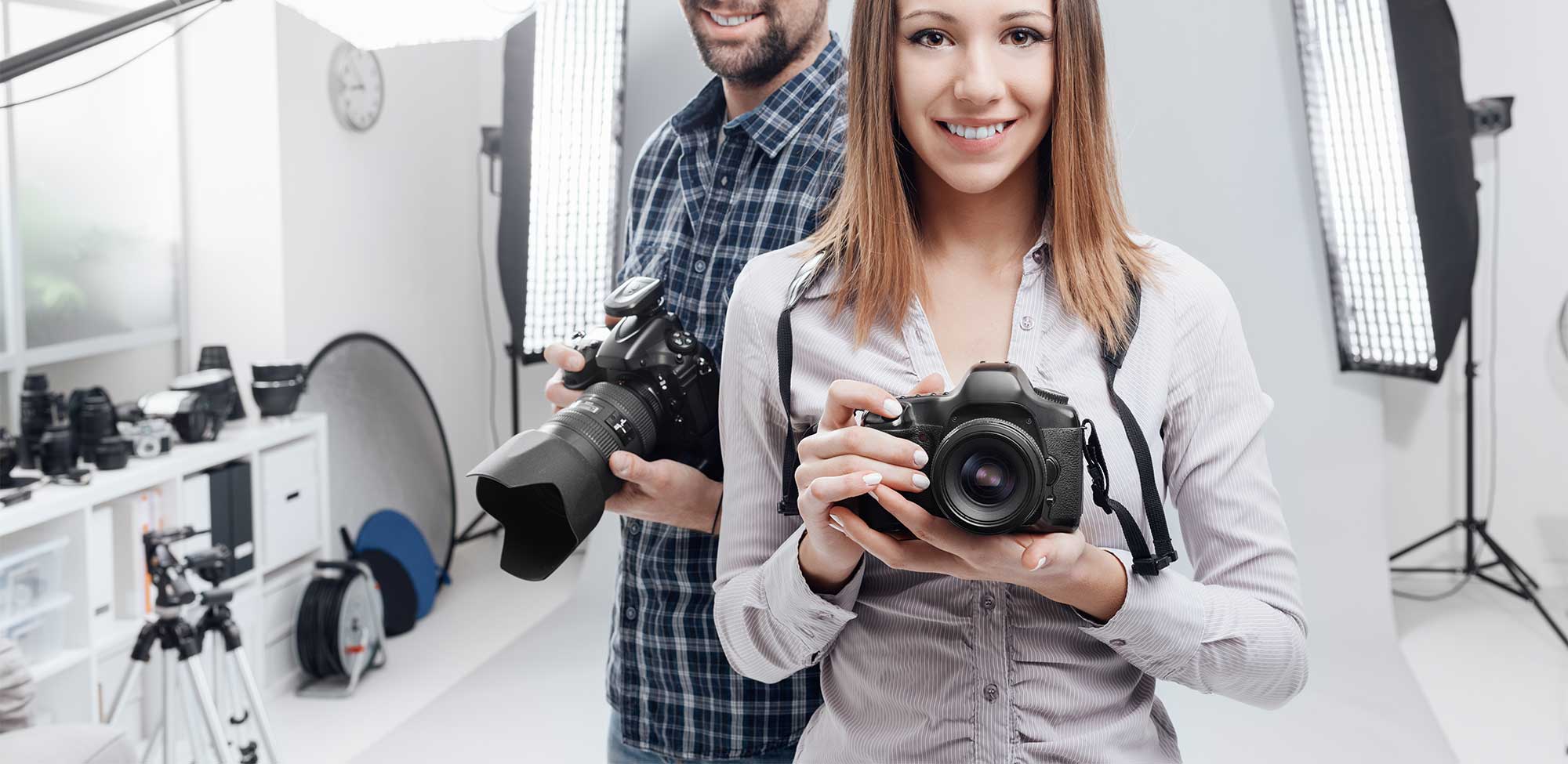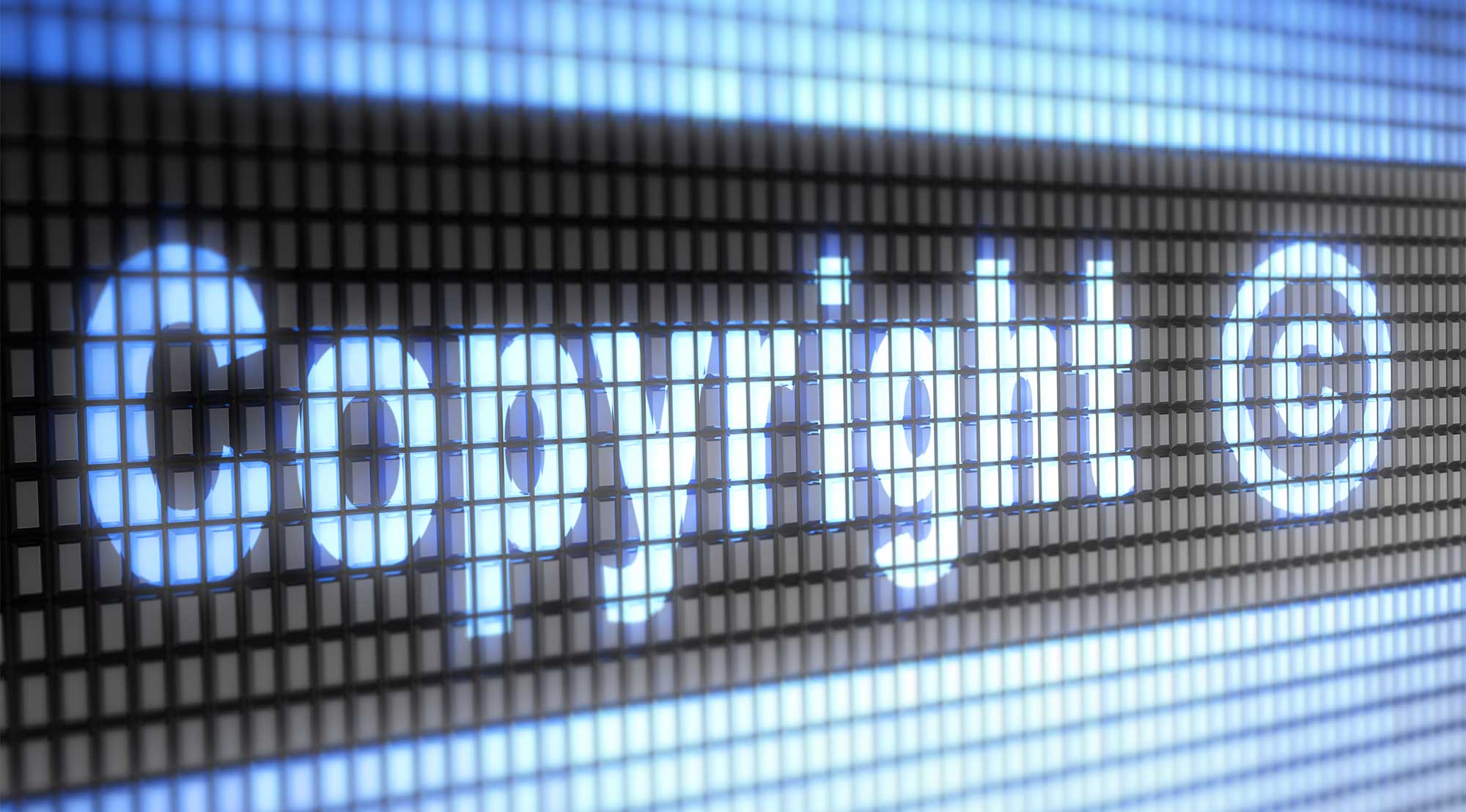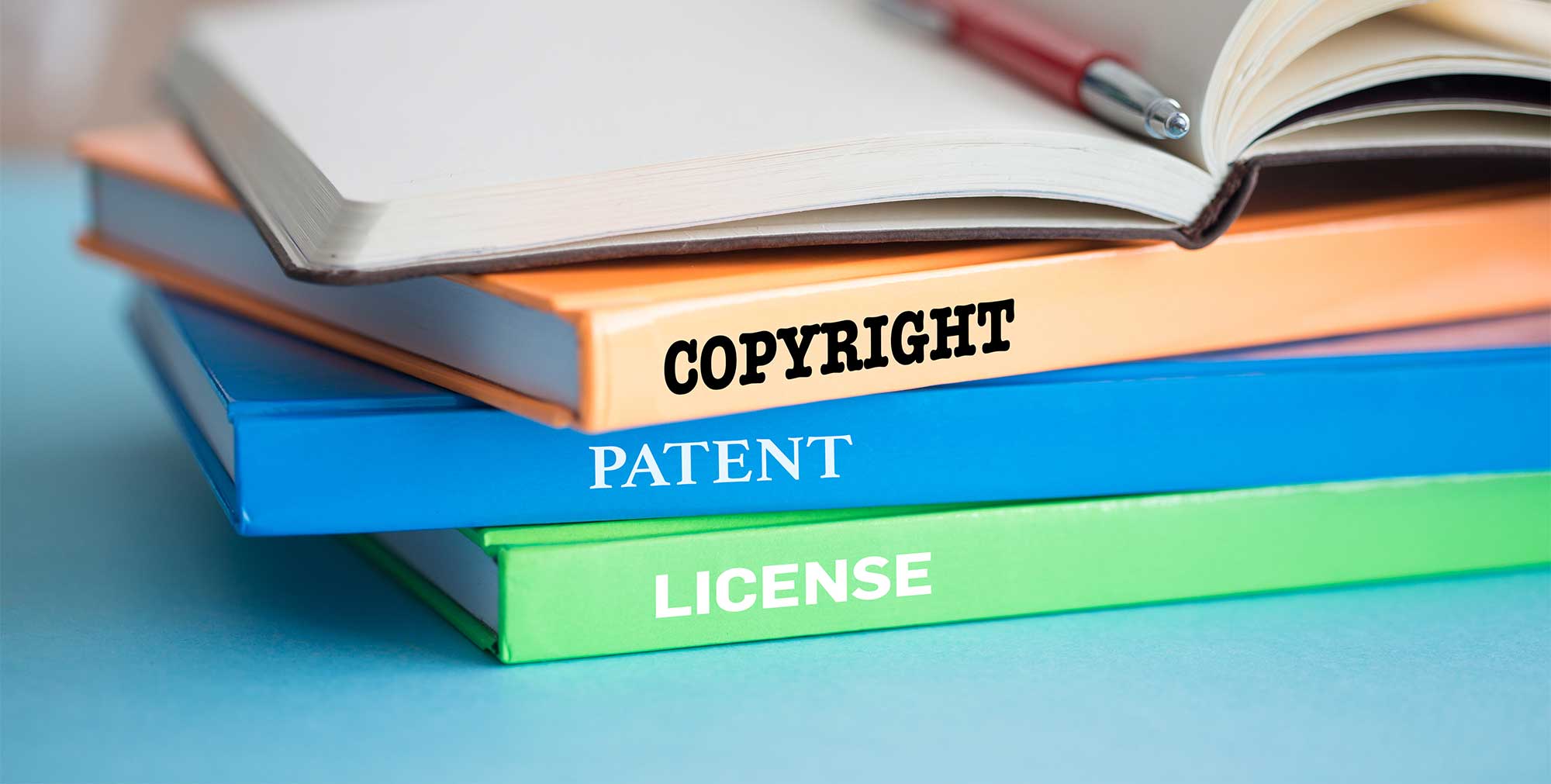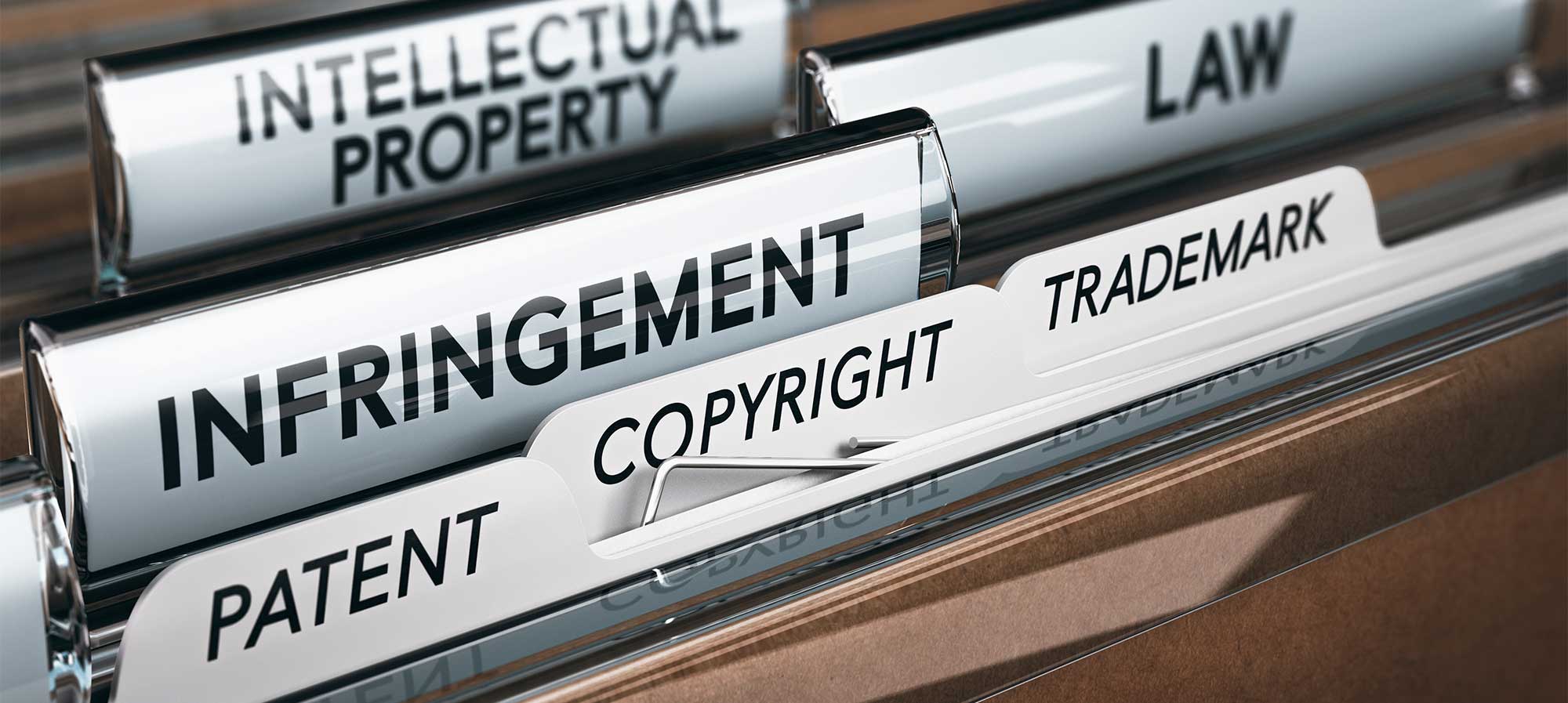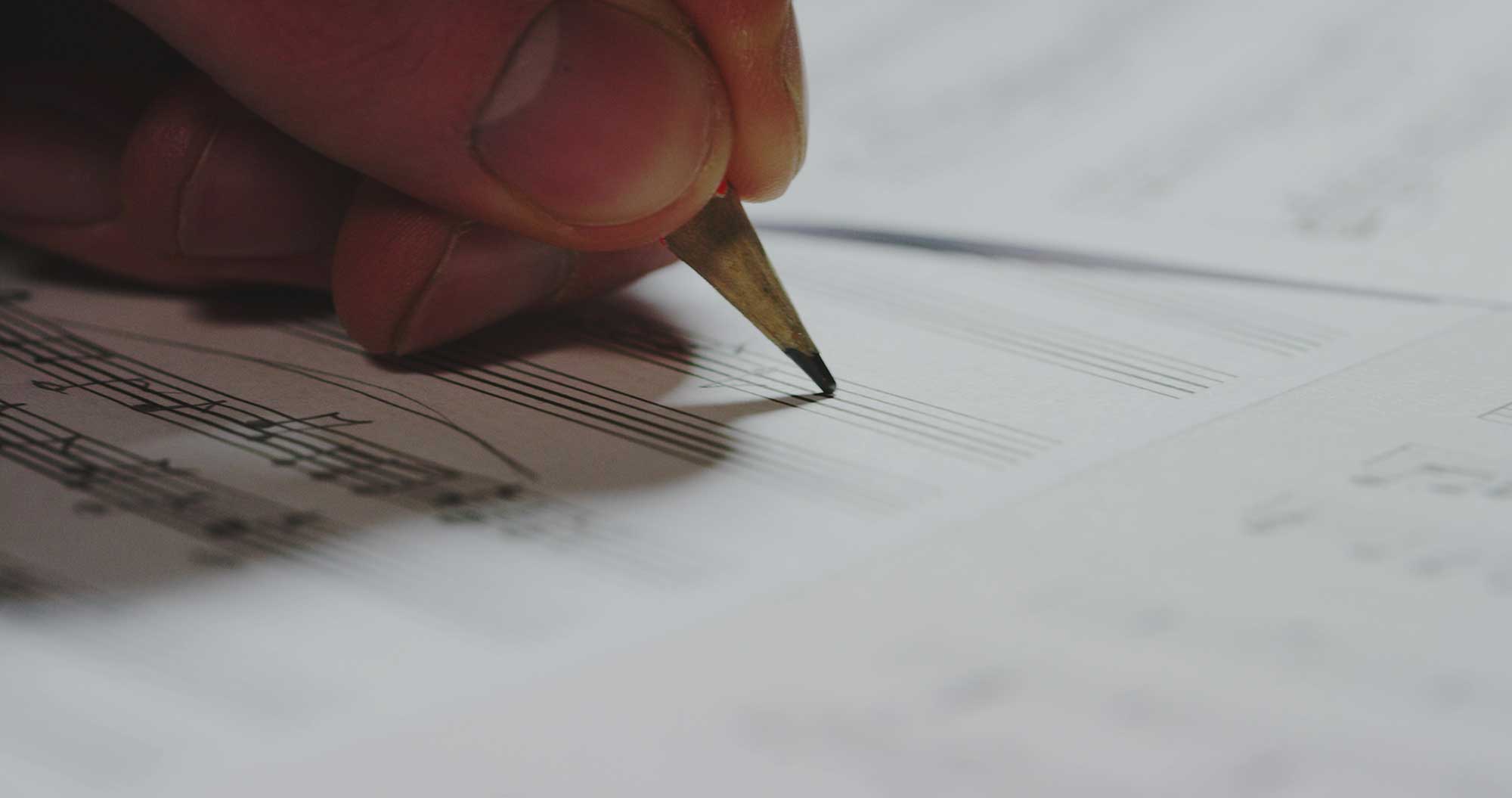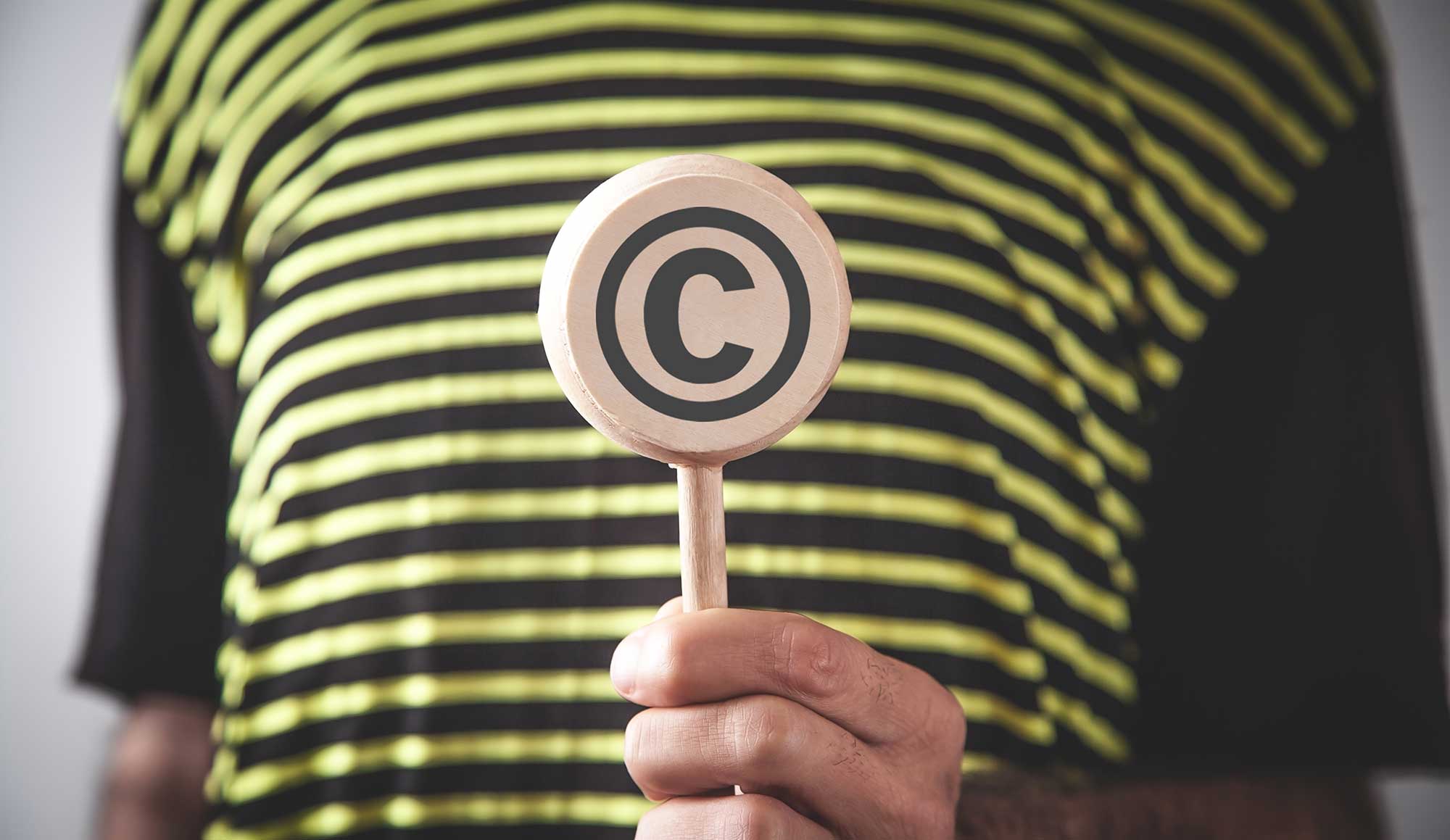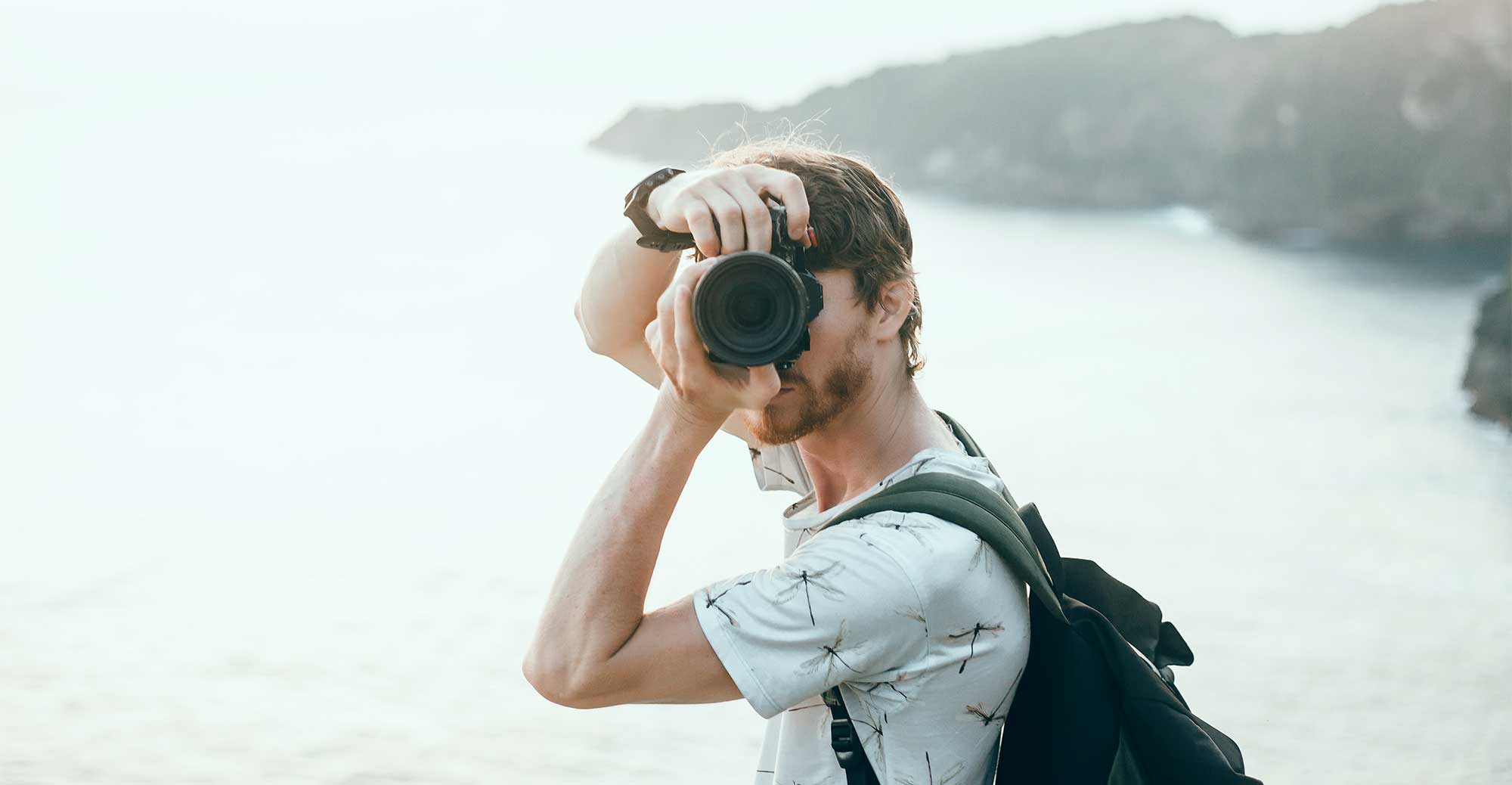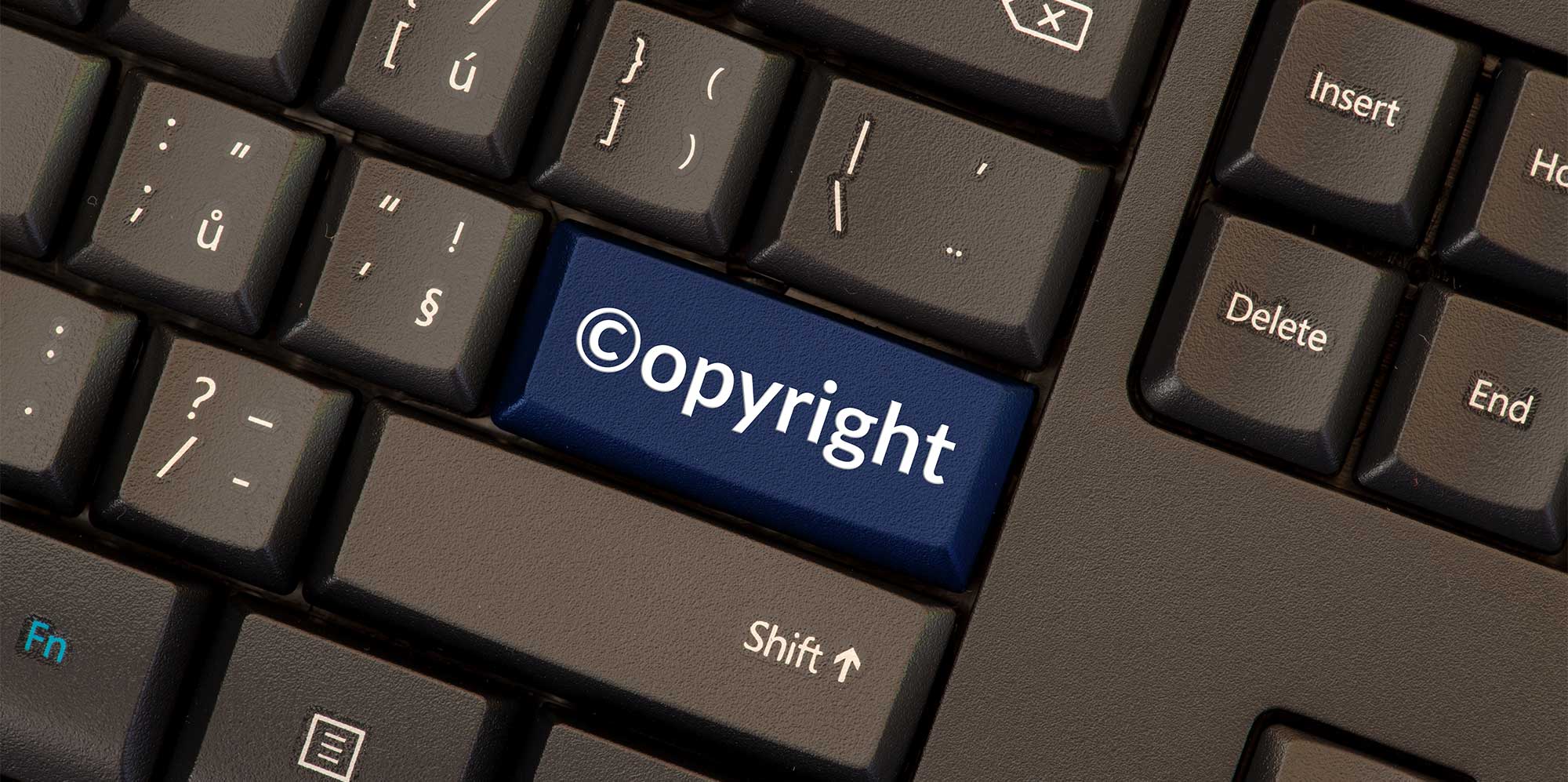Photographer Is Suing Volvo For Willful Copyright Infringement
The photography and camera news website PetaPixel.com reported on June 15, 2020, that a professional photographer and his model subject are suing Volvo. In a complaint filed in California on June 9, 2020, automotive photographer Jack Schroeder and model Britni Sumida allege that Volvo committed “willful and wanton” copyright infringement. The complaint also contains claims of misappropriation of a likeness and unfair competition.
Photographer Denied Volvo’s Request to Use His Pictures For Free
Schroeder photographed Sumida in the California desert during the “super bloom.” The pictures feature Sumida, leaning on a Volvo S60, with the desert, flowers, and sunset surrounding her. The photoshoot was a “portfolio building shoot” for both Schroeder and Sumida.
Schroeder posted the images to Instagram. Volvo’s Instagram account twice requested permission to use the pictures for free. Schroeder declined to respond to the Instagram request because it was vague, provided no compensation, and would have allowed Volvo to use the images in perpetuity without restrictions. Schroeder claims that Volvo wanted to use the pictures for advertising purposes.
Volvo Ignored Photographers Attempt To Discuss Valid Licensing Agreement
Schroeder then reached out to Volvo via email to offer a licensing opportunity for the images and others on his website. He received no response and assumed they weren’t interested. Schroeder then saw some of his photographs on Volvo’s Instagram story and Pinterest accounts.
Volvo refused to remove the images until after Schroeder and Sumida filed their lawsuit. The complaint alleges that Volvo willfully and wantonly violated Schroeder’s copyright. Schroeder claims that he explicitly denied permission to Volvo and offered to discuss a valid license agreement. Volvo ignored both and used the images anyway.
Photographer and Model Seek Compensation for Volvo’s Copyright Infringement and More
Sumida claims that she lost income, and her career is in jeopardy because of Volvo’s copyright infringement. Sumida had a contract with a different carmaker that contained a non-compete clause. Volvo’s use of these pictures put Sumida in violation of her agreement.
The lawsuit does not request a specific amount of monetary damages. PetaPixl reports that “plaintiffs are seeking actual and punitive damages, all profits that Volvo made as a result of these advertisements, attorney’s fees, and an order preventing Volvo from using these images again.”
Photographers Call Sanders Law Group to Protect Copyright
Our copyright infringement lawyers are dedicated to making sure photographers get paid for their work. Call Sanders Law Group, for more information on filing a copyright infringement claim. You can reach us at (800) 979-3707


